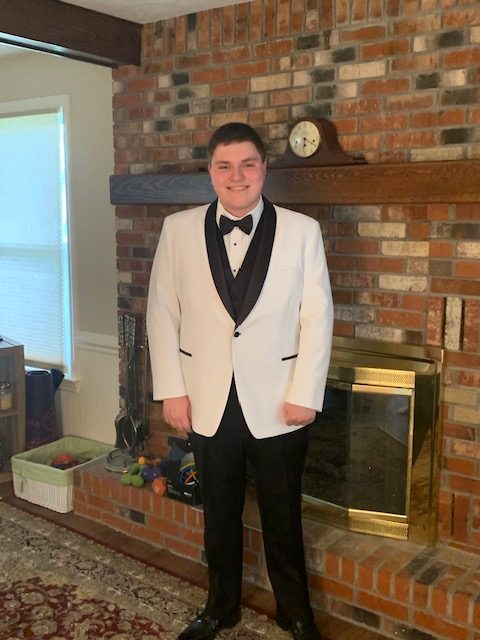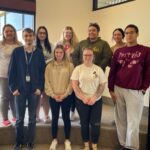
Just before my oldest son’s third birthday, after a 10-month stint on a wait list, he was diagnosed with an autism spectrum disorder (ASD). I was told that he may never talk, to keep him away from pools because ASD kids are 160 times more likely to drown, and was handed a packet of resources. Good-bye. Good luck.
In the beginning, I had a tribe, a group of moms and dads who counseled me on secret, prestigious preschools, difficult-to-schedule speech and occupational therapists, and playgroups that included patient, compassionate neurotypicals (NT). My son was considered neurodiverse, the opposite of neurotypical – but really, is there anyone who is truly typical?
During those early years, my tribe was invaluable. They taught me how to advocate, how to fight when necessary, and how to navigate in a foreign world. Having a child with ASD is like learning a new language.
However, my tribe couldn’t really help me when my child made progress—significant progress. My ASD child is smart, learned how to swim, drives a car, and is in honors classes. He wants to go to college and is preparing himself for that big day. But we’re finding that colleges may not be prepared for him.
As my son starts the college search and admission process, I’m finding myself between two worlds. He’s progressed beyond college not being an option, yet he still needs a college environment where he will be understood and accepted. He needs a college that knows the language and will be part of the tribe.
Pittsburgh Technical College has never shied away from a challenge. Educating our students well has always been our mission. I believe we can take on this challenge and figure out how best to serve this neurodiverse population—a population of students who need support in and out of the classroom, and who are ready and prepared to earn their college degrees.
Technically, PTC has been educating the neurodiverse for years with little support for faculty and staff who may not know the language. Expanding our current disabilities services to include social activities, mentoring, and faculty and staff training will help our college rise to the needs of this talented, unique demographic. We all have an opportunity to learn the language and apply it to our students’ success. We have the opportunity to be a tribe.
Debra G. Barnhart
Program Coordinator, General Education/Online Division





